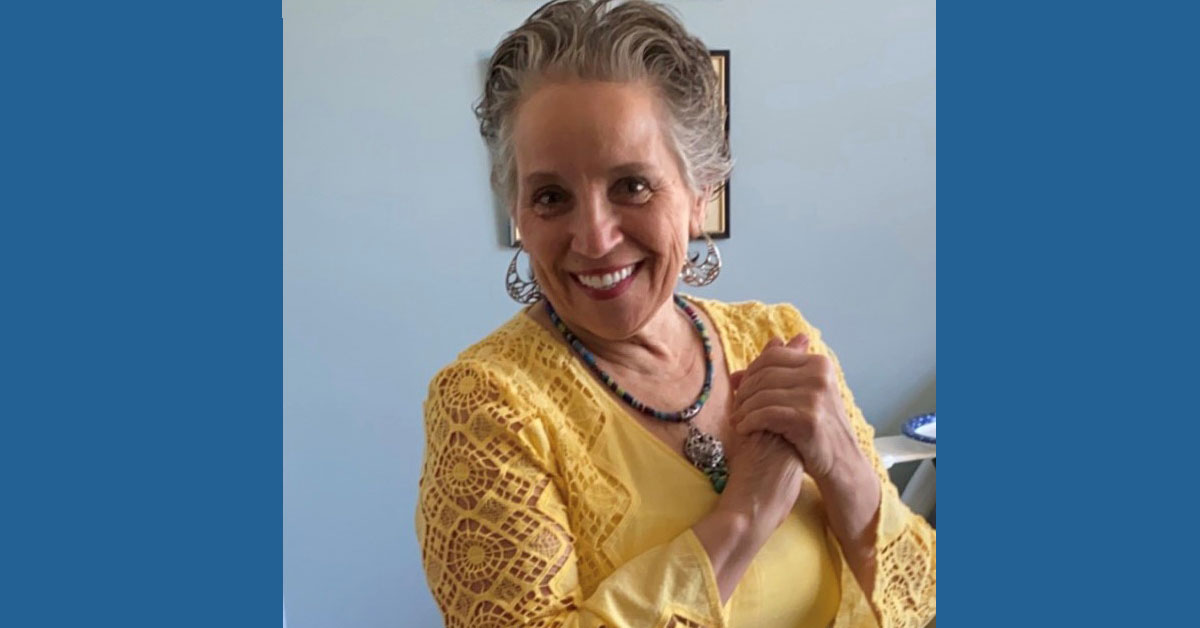
Dove Granese is a high-energy person. It’s how she describes herself.
“I’m someone who, I’ve always had an immense amount of energy to the point that people were sort of put off by that,” she says.
That energy served her well when she worked at a grocery store chain in Georgia.
“It was one of those things that my bosses loved about me,” says Granese, who is in her 60s. “I broke down pallets, both early morning and at night. That’s the degree of how physical my job was and I thrived at that. … load up heavy carts of produce as well as being on the cash register and being out in the parking lot, I mean, it was just go, go, go, go, go, all of the time.”
That is, until pain in her lower right side began slowing her down.
“It sort of started off as kind of … noticing that there was this kind of a slight pain,” she says. “That kind of grew a little bit and then it kind of increased.”
The pain was unbearable by the time Granese, who’s originally from Wisconsin, returned home in 2019 after five years in Georgia.
“I could not walk,” says Granese, who bought a home near Dyckesville. “Going up the stairs in our house, maybe I could go one or two and then stop.”
She figured she had a hernia or something similar, so she sought care from a physician in the Sturgeon Bay area. She was referred to Orthopedics & Sports Medicine BayCare Clinic, where she met Dr. Jon Henry, an orthopedic surgeon.
Diagnostic testing revealed a problem with Granese’s hip abductor tendons, which help the hip open out to the side.
“The hair on my arms is standing up and I’m close to crying because it was the first time that my pain was being validated,” she says. “It was the first time that I was realizing that there was something really wrong and someone was understanding it.
“I had been telling my family something is wrong and everybody is thinking, it’s a hernia … I was lifting things at work so heavy for so long and it seemed like it was a hernia.”
Granese was confident as she prepared for hip abductor tendon repair surgery.
“From our initial meeting, Dr. Henry filled me with a strong feeling of confidence. That confidence has defined my experience,” she says. “It’s clear that his priority … was to assist me in regaining a more active lifestyle and a return to healthy well-being.”
Those sentiments were reinforced a day after surgery, as Granese recuperated in the hospital.
“I look up,” she says, “and who comes in with a Packer hat? Dr. Henry! And I’m like, it’s a Saturday!”
Granese was impressed that her surgeon’s dedication to her well-being didn’t end on the weekend, she says.
Following surgery, Granese underwent weeks of rehabilitation. Today, she’s back in action.
“To bring this full circle, every day for the last two weeks – we’re right across from the bay – I’m climbing around on these huge boulders and we’re beach combing, looking for beach glass and fossils,” she says. “To go from that (hip pain) to where I am … and it’s not even a year, to just walking up and down the stairs, you know, it’s just, yeah.”